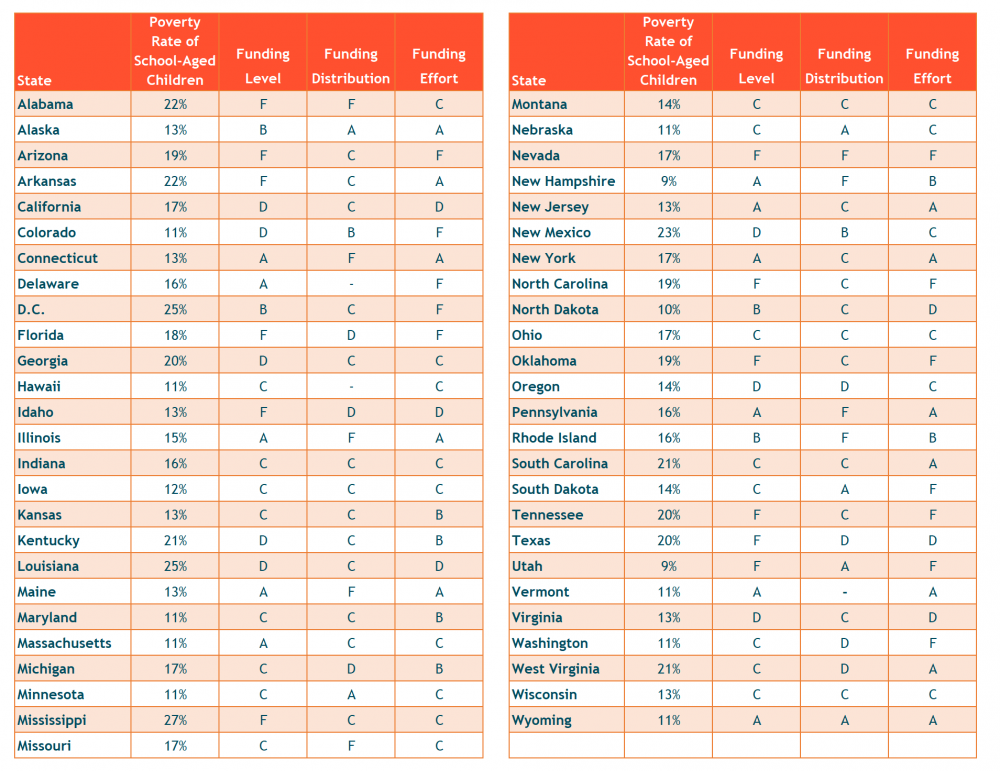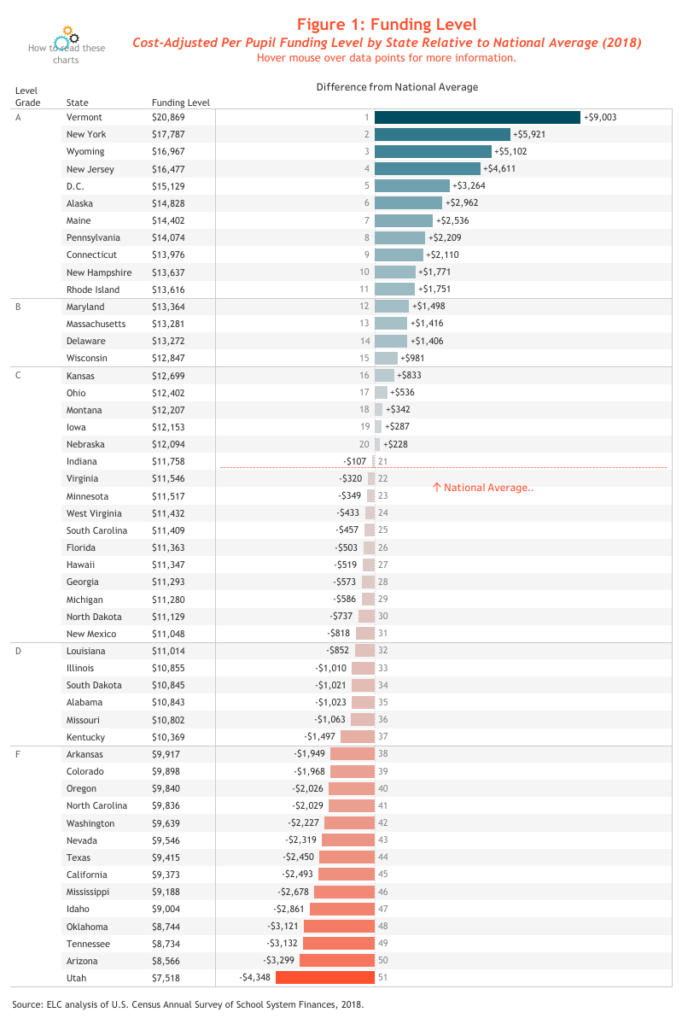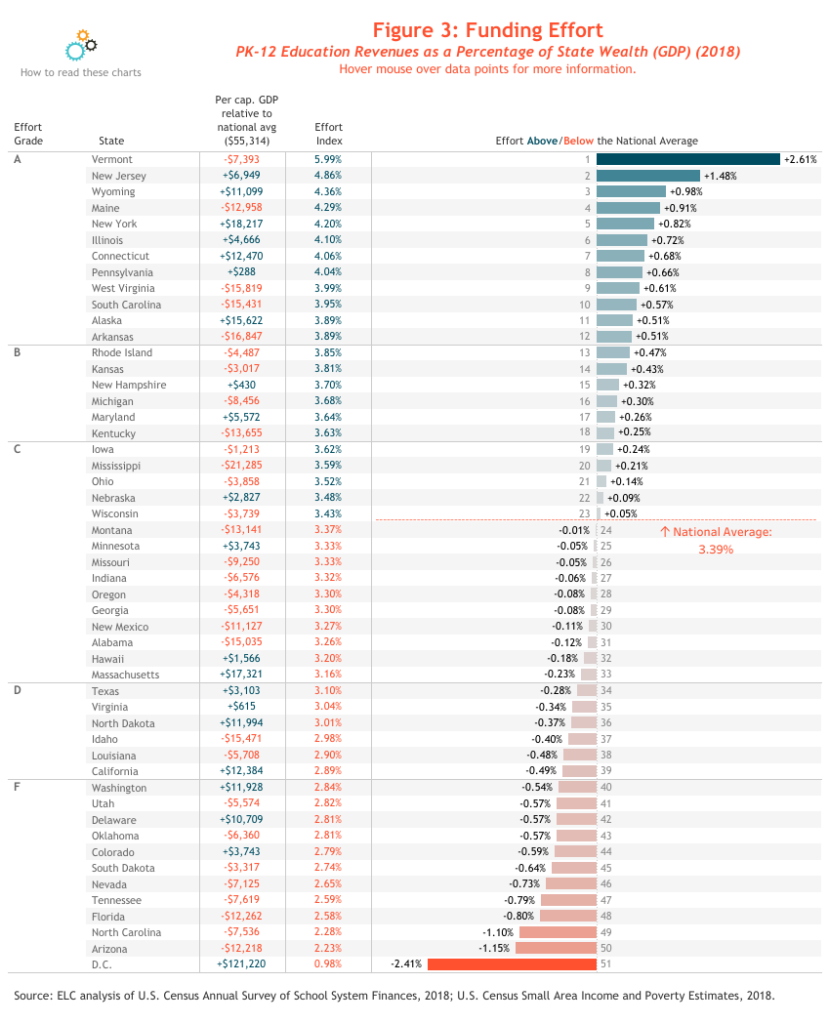State Senator Ferrell Haile of Sumner County has filed SB 122, a bill creating a “School Turnaround Pilot Program.” Maybe Haile has never heard of the Achievement School District? It’s difficult to understand why someone who has served on the Senate Education Committee for some time now and should have at least a vague familiarity with education policy in our state would want to recreate one of the biggest public policy failures of the last decade.
Here’s a bit of text from his bill:
(a) The department shall create and develop a five-year school turnaround pilot program for district schools that are in need of intervention pursuant to § 49-6-3604.
(b) The department shall select twenty (20) schools in need of intervention that are diverse geographically, including rural and urban schools and schools in different regions of the state, and diverse in grade levels for the pilot program.
(c) From the twenty (20) schools in need of intervention selected for the pilot program, the department shall randomly select ten (10) schools to be a control group and ten (10) schools to participate in a school turnaround group.
(d) The department shall operate and administer the school turnaround pilot program for five (5) school years beginning with the 2021-2022 school year.
The basis for admission into this “turnaround group” is scores on Tennessee’s failed TNReady test.
Just in case Haile hasn’t been paying attention, here’s a bit of what’s been happening with the Achievement School District since its inception:
Gary Rubinstein refers to the ASD as the Edsel of school reform:
The Tennessee Achievement School District, or ASD, is the Edsel of school reform. Created with a Race To The Top Grant and developed by TFA alum Kevin Huffman, who was state education commissioner at the time, and TFA alum Chris Barbic, the first ASD superintendent, the ASD completely failed in it’s mission to ‘catapult’ schools from the bottom 5% into the top 25% in five years. It is now eight years into the experiment and hardly any of the 30 ASD schools even made it out of the bottom 5%. Not to worry, both Huffman and Barbic resigned and are doing very well with their new project called The City Fund.
More from Rubinstein:
Since 2011 I have been following the biggest, and most predictable, disasters of the education reform movement — the Tennessee Achievement School District (ASD). It was formed in a perfect storm of reform theory. First, Tennessee won Race To The Top money. Then they hired a TFA-alum and the ex-husband of Michelle Rhee, Kevin Huffman to be their state commissioner. Then he hired TFA-alum and charter school founder Chris Barbic to design and run the ASD. The initial promise of the ASD was that they would take schools in the bottom 5% and convert them into charter schools in order to ‘catapult’ them into the top 25% in five years. They started with 6 schools in 2012 and grew to over 30 schools within a few years.
They completely failed at this mission. Chris Barbic resigned, Kevin Huffman resigned, Barbic’s replacement resigned, Barbic’s replacement’s replacement resigned. Of the 30 schools they nearly all stayed in the bottom 5% except a few that catapulted into the bottom 10%.
And, well, more about the ASD over time:
There’s more. A lot more. The ASD was quite possibly the worst reform effort ever. It would be funny if the failures of the ASD hadn’t and weren’t impacting the lives of actual students.
Now, however, at least one legislator wants to start a new version of the same old game.
What would be innovative, exciting, bold, and actually help kids is something Haile has yet to do during his service: Adequately fund the BEP and support significant new investment in teacher salaries and school resources.

For more on education politics and policy in Tennessee, follow @TNEdReport
Your support – $5 or more – makes publishing education news possible.










